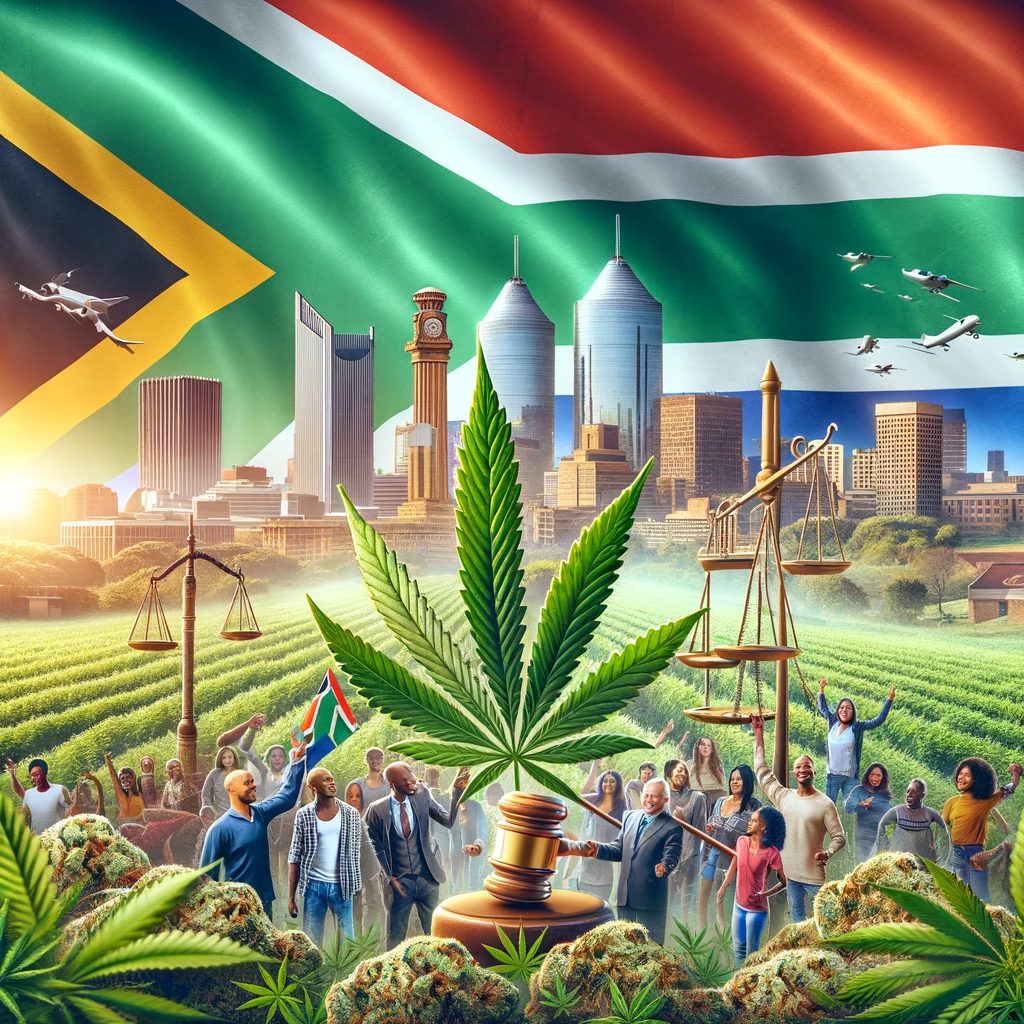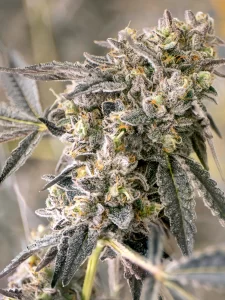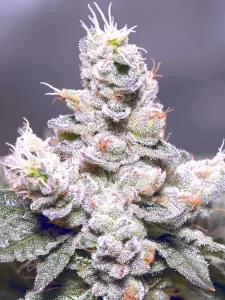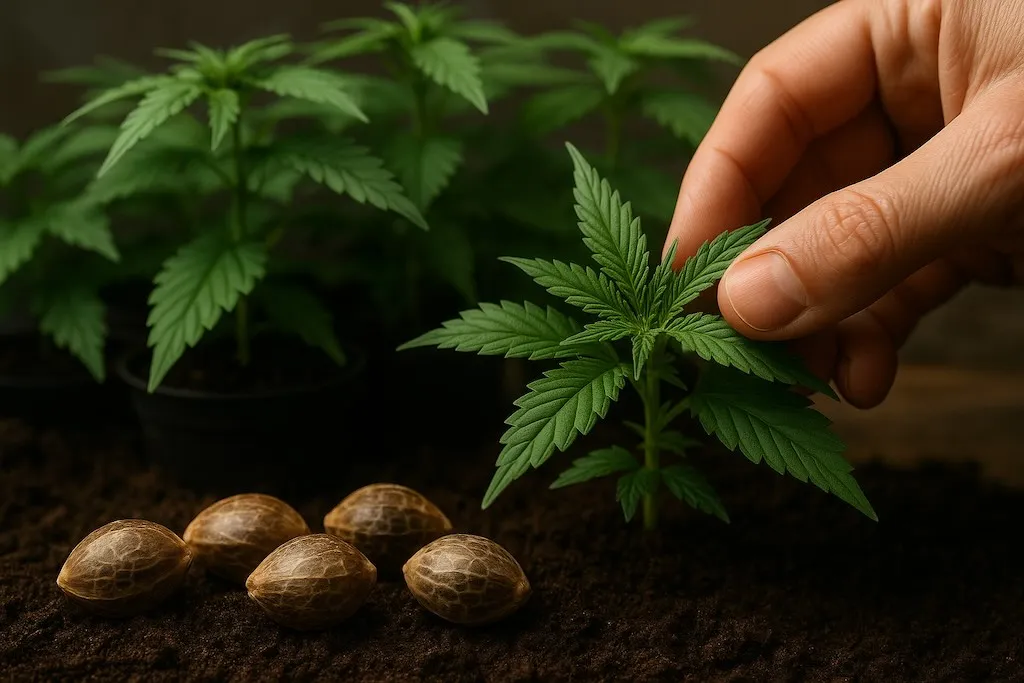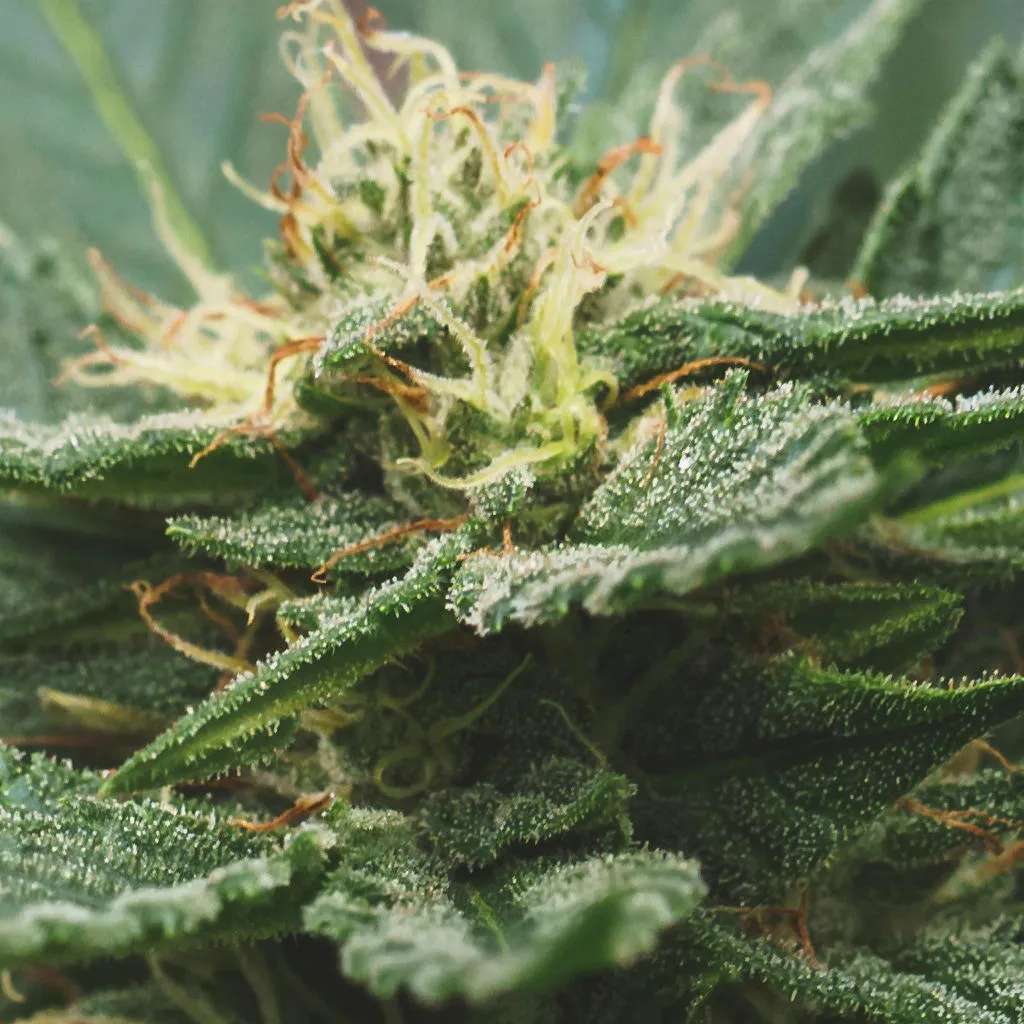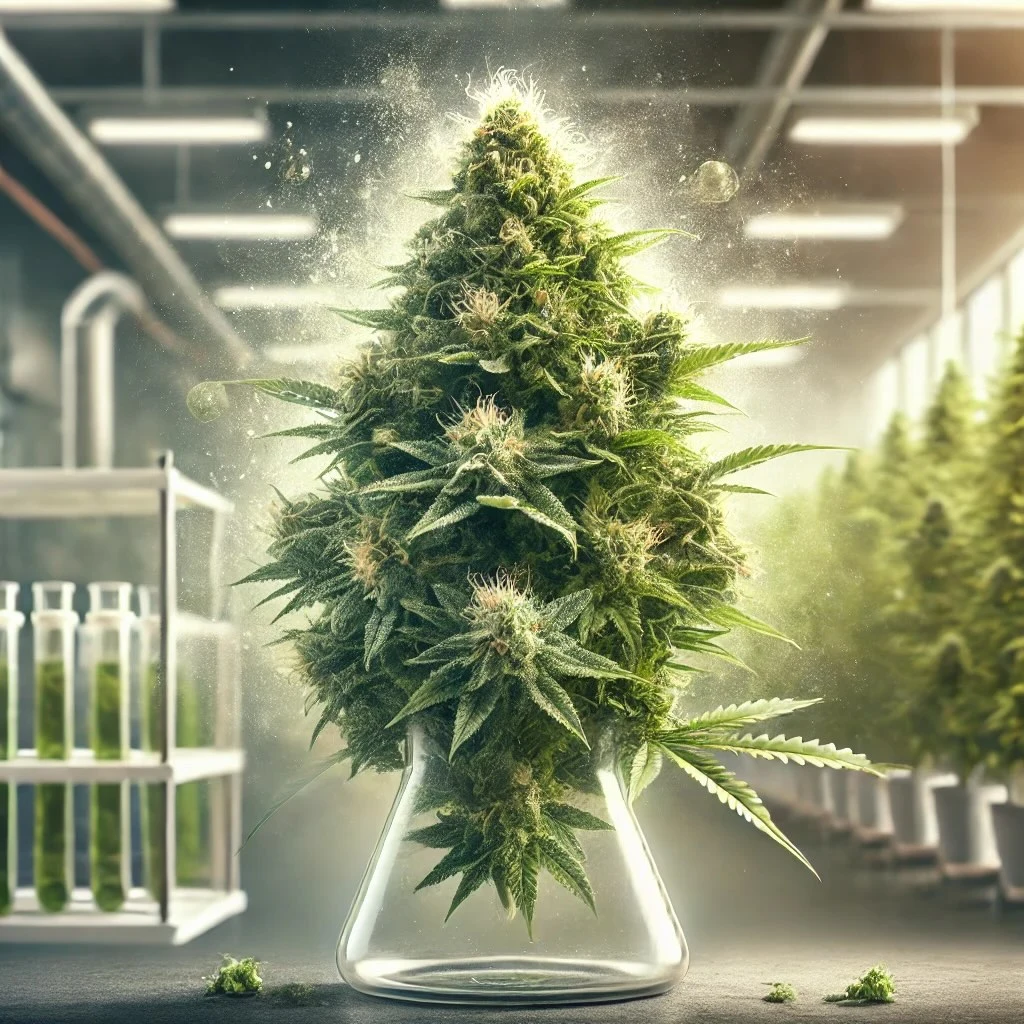On June 2024, South Africa took a monumental step by legalizing cannabis for personal use, cementing its place as a progressive leader on the African continent.
This decision followed years of debate, legal battles, and public discourse, reflecting a significant shift in societal attitudes towards cannabis. The legalisation marks a turning point in the country’s approach to drug policy, public health, and personal freedoms.
Historical Context
The journey to legalising cannabis in South Africa has been long and tumultuous. Cannabis, locally known as “dagga,” has a deep-rooted history in the country, traditionally used for medicinal and recreational purposes by various communities. However, during the early 20th century, colonial powers and subsequent governments criminalised its use, aligning with global trends influenced by the United States and other Western nations.
The turning point came in 2018 when the Constitutional Court ruled that the prohibition of cannabis for personal use was unconstitutional. This landmark ruling allowed adults to cultivate and consume cannabis in private spaces. However, it left many legal grey areas, particularly concerning public use, commercialisation, and distribution.
The Legalisation Framework
The 2024 legislation provides a comprehensive framework that addresses these ambiguities. The Cannabis for Private Purposes Act outlines the following key provisions:
- Personal Use and Cultivation: Adults aged 18 and over are allowed to possess up to 600 grams of dried cannabis per person and cultivate up to eight plants per household for personal use.
- Public Consumption: Public consumption of cannabis remains prohibited, akin to the regulations governing alcohol use. This measure aims to balance personal freedom with public health and safety concerns.
- Commercialisation: While personal use is decriminalised, the commercial sale of cannabis requires stringent licensing. This regulatory approach seeks to ensure quality control, prevent underage access, and curb the illegal market.
- Medical Cannabis: The act expands access to medical cannabis, allowing healthcare professionals to prescribe cannabis-based treatments for various conditions. It also promotes research into the therapeutic benefits of cannabis.
- Social Equity Programs: Recognising the historical injustices of cannabis criminalisation, the legislation includes provisions for social equity programs. These initiatives aim to support communities disproportionately affected by past drug policies, providing opportunities in the legal cannabis market through education, training, and financial assistance.
Economic Implications
The economic potential of legalising cannabis is substantial. Experts estimate that the legal cannabis market in South Africa could generate billions of rands in revenue, creating thousands of jobs and stimulating economic growth. Key sectors poised to benefit include agriculture, manufacturing, retail, and tourism.
Agriculture and Production
South Africa’s favorable climate makes it an ideal location for cannabis cultivation. Legalisation paves the way for farmers, particularly those in rural areas, to diversify their crops and increase their income. The government is keen to support small-scale farmers and cooperatives, ensuring they have access to the resources and knowledge necessary to thrive in this new industry.
Manufacturing and Retail
The manufacturing sector stands to gain from the production of cannabis-based products, including oils, edibles, and topical treatments. These products can cater to both domestic and international markets, given the growing global demand for cannabis-related goods. Retail opportunities abound, from specialised dispensaries to wellness and health stores incorporating cannabis products into their offerings.
Tourism
Cannabis tourism is an emerging niche with significant potential. Tourists are likely to be attracted to regions known for their cannabis culture and heritage, such as the Eastern Cape and KwaZulu-Natal. This influx can boost local economies, supporting hospitality, entertainment, and ancillary services.
Public Health and Safety Considerations
The legalisation of cannabis brings both opportunities and challenges in terms of public health and safety. The government has implemented several measures to mitigate potential risks while maximising benefits.
Education and Awareness
Public education campaigns are crucial to inform citizens about responsible cannabis use, the risks of overconsumption, and the legal framework. These campaigns aim to prevent misuse and reduce the stigma associated with cannabis.
Regulation and Enforcement
Strict regulations govern the quality and safety of cannabis products to protect consumers. Law enforcement agencies are tasked with ensuring compliance with these regulations, focusing on preventing illegal trade and underage access.
Health Services
The health sector is prepared to address the potential increase in cannabis-related health issues. Medical professionals are receiving training on recognising and treating conditions related to cannabis use. Moreover, the expanded medical cannabis program provides safe and regulated access to patients in need.
Social and Cultural Impact
The legalisation of cannabis is expected to have profound social and cultural implications. It represents a shift towards greater personal freedoms and a more progressive approach to drug policy.
Social Justice
One of the most significant impacts is on social justice. The decriminalisation of cannabis helps rectify the injustices of past drug policies, which disproportionately affected black and low-income communities. By expunging the criminal records of those previously convicted for minor cannabis offences, the legislation offers a path to rehabilitation and reintegration into society.
Cultural Acceptance
Cannabis has long been a part of South African culture, especially among indigenous communities. Legalisation acknowledges and respects these cultural practices, fostering a more inclusive society. It also opens the door for a broader acceptance of cannabis use in mainstream culture, reducing the stigma and discrimination faced by users.
Environmental Considerations
Cannabis cultivation, if managed sustainably, can have positive environmental impacts. The government promotes eco-friendly farming practices, such as organic cultivation and water conservation, to ensure that the environmental footprint of the cannabis industry remains low.
Global Perspective
South Africa’s decision to legalise cannabis for personal use places it among a growing list of countries embracing progressive drug policies. Lessons can be drawn from the experiences of nations like Canada, Uruguay, and several US states, where cannabis legalisation has yielded economic benefits and societal changes.
Regional Influence
South Africa’s legalisation could influence neighboring countries and the broader African continent. As one of Africa’s leading economies, its policies often set a precedent. Successful implementation and regulation of the cannabis industry in South Africa may encourage other African nations to reconsider their stance on cannabis.
Future Prospects
The future of cannabis in South Africa looks promising, with potential for further legislative refinements and industry growth. Continuous monitoring and evaluation of the legal framework will be necessary to address emerging challenges and optimise the benefits of legalisation.
Research and Development
Ongoing research into the medical and industrial uses of cannabis is essential. South Africa’s rich biodiversity offers unique opportunities for discovering new strains and applications, positioning the country as a leader in cannabis innovation.
International Trade
With global demand for cannabis products on the rise, South Africa has the potential to become a significant player in the international cannabis market. Exporting high-quality cannabis and related products could boost the economy and strengthen international trade relations.
Conclusion
The legalisation of cannabis for personal use in South Africa marks a historic milestone in the nation’s journey towards more progressive and inclusive policies. By embracing this change, South Africa not only rectifies past injustices but also opens up new economic opportunities and promotes public health and safety. As the country navigates this new landscape, the lessons learned and successes achieved will undoubtedly influence global discourse on cannabis legalisation, reinforcing South Africa’s role as a leader in progressive policy-making on the African continent.
Resources:
https://en.wikipedia.org/wiki/Cannabis_in_South_Africa
You can be also interested in:

